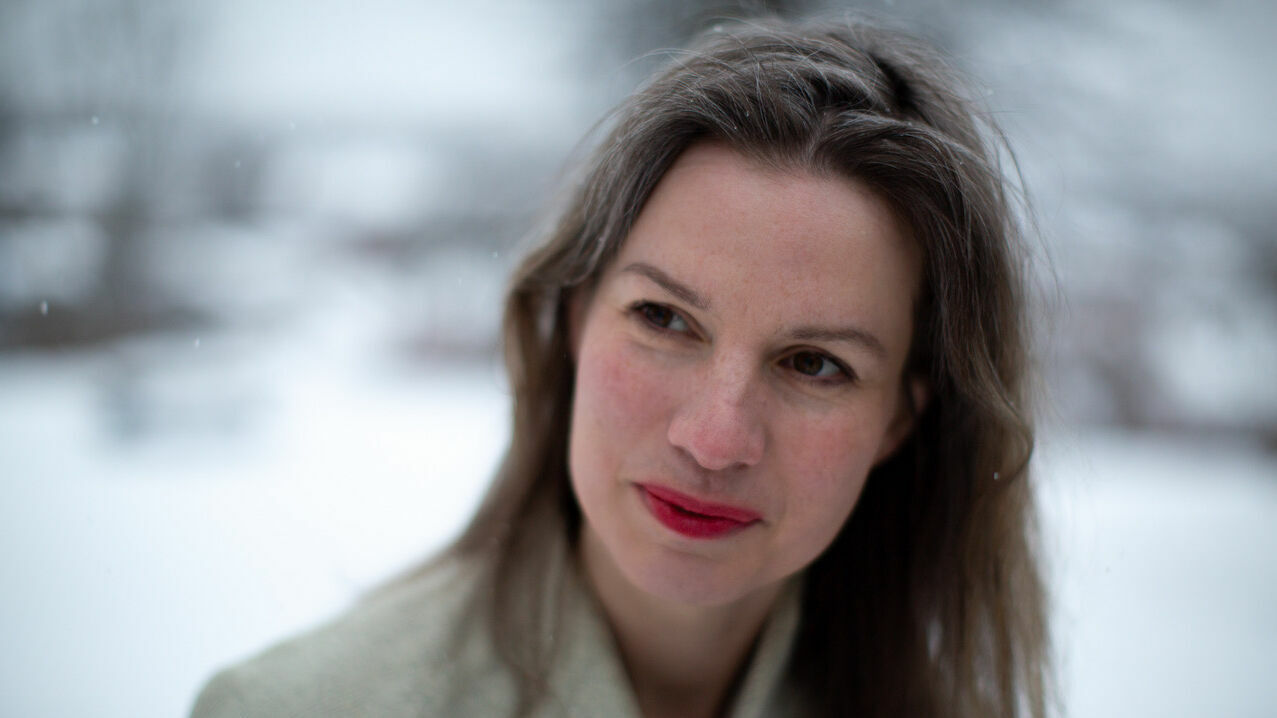Lecture by Elisabeth Brun, Room 1104
In response, filmmaker, artist and media researcher Elisabeth Brun has developed what she calls a Moving Image Topography: a way to think through the moving image about form, and the impact of form for how places are experienced and understood. It is a way of thinking through non-verbal techniques such as camera movement, camera position, montage and algorithm, about place and the experience of place both in and beyond the human. The notion of Topography does not only refer to the study of the earth´s surface, but to philosophical Topography: a conception of place and a methodology of thinking about place, originally developed by the philosopher Jeff Malpas. Drawing on Malpas’ work, as well as James J. Gibson´s theory of affordance, the lecture scrutinizes, how place has a central role in camera-based critical reflection. In Moving Image Topography, there is (for the sensing subject) no distinction between natural and artificial environments. The moving image is treated as an environment for thinking, a topography.
CV: Elisabeth Brun (b. 1977 Northern Norway) is a filmmaker, media researcher and artist. Her cine-philosophical investigations take many forms, such as installation, films and academic texts, exploring questions of forms, of mediation, of the relation between human/environment and the way architectural forms and topography may challenge experience and knowledge. She holds a PhD in media studies from the University of Oslo and has a background as a documentary director in the Norwegian Public Broadcasting (NRK 2001-2014). Recent awards/grants include the Ivan Juritz Prize for Creative experiment in 2020 (UK) and the “Poetry by Video-Artist” award at Cadence Video Poetry Festival (US). This year she has been a post-doc researcher at Filmuniversität Babelsberg KONRAD WOLF, collaborating with Prof. Dr. Christine Reeh-Peters in her Film-Philosophy project, and this lecture is one of the results of her stay.

